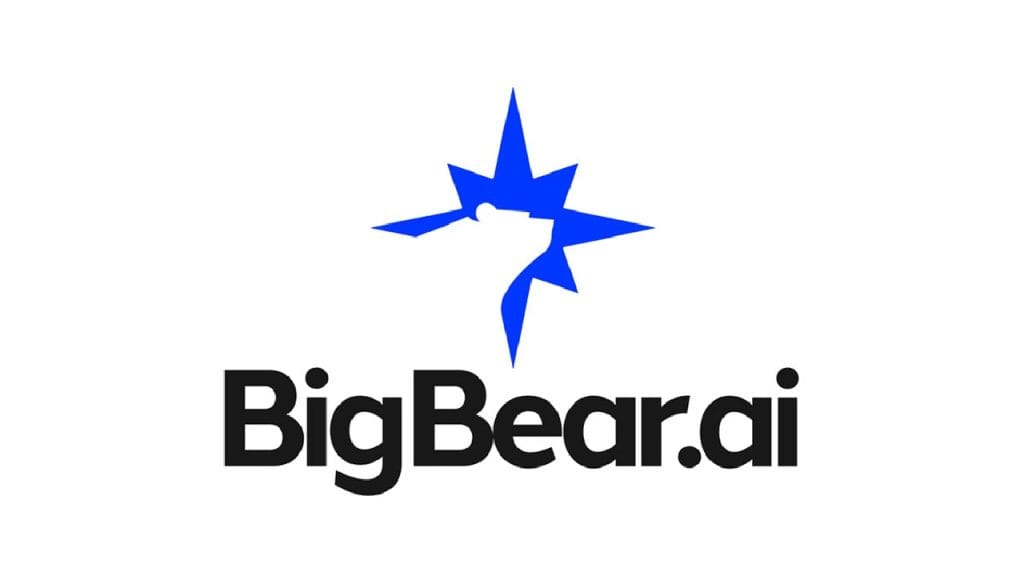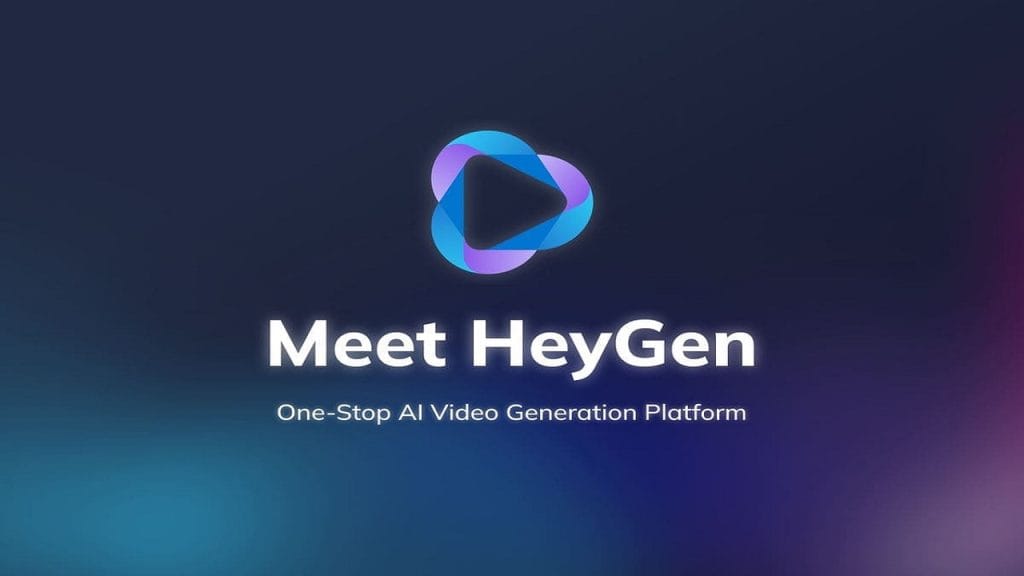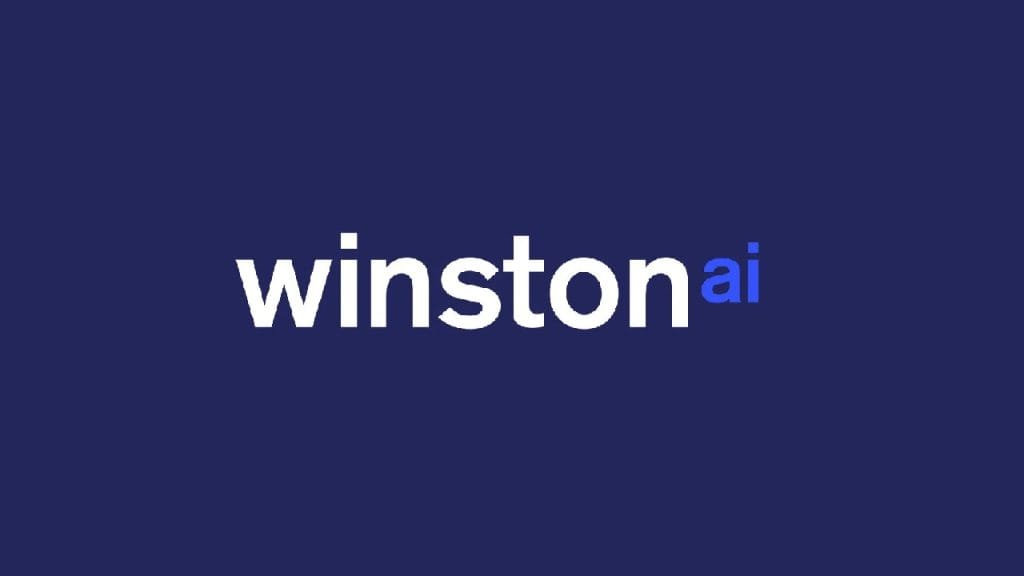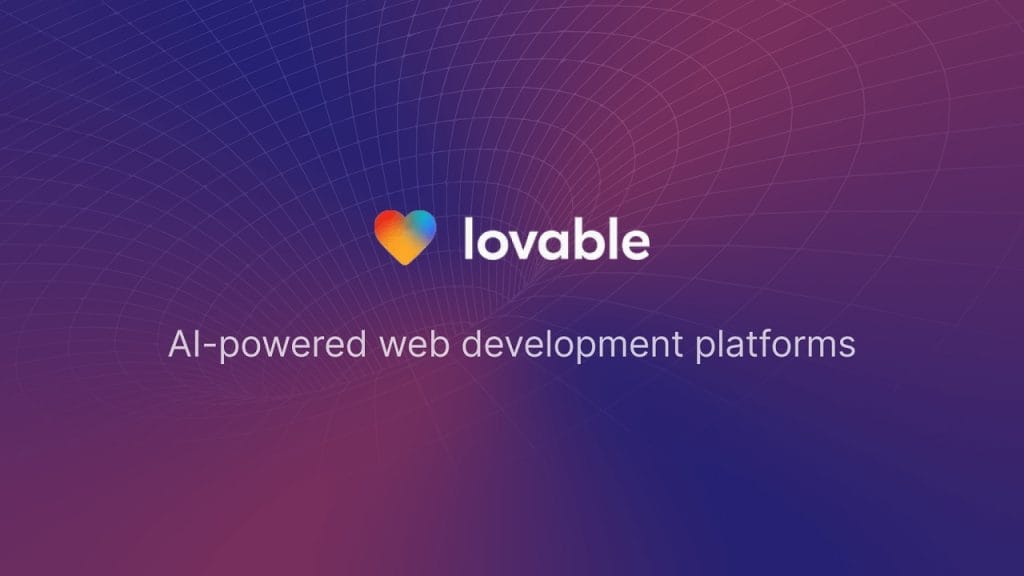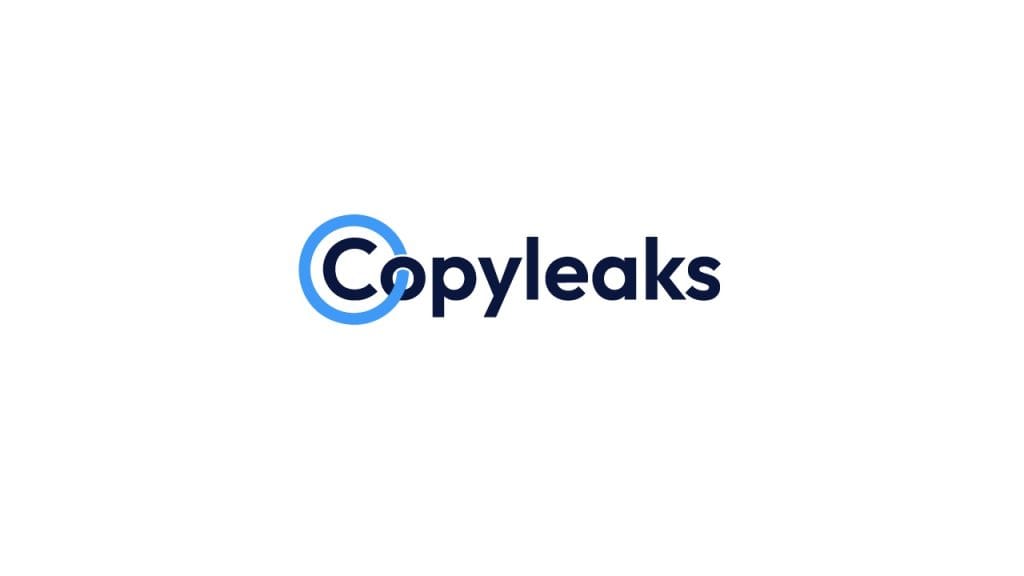
LAION
- Verified: Yes
- Categories: AI Research, Data Science, Machine Learning
- Pricing Model: Free (Open-Source)
- Website: laion.ai
What is LAION?
Picture yourself as a data scientist trying to train a cutting-edge AI model, but you’re stuck because high-quality datasets are either expensive or locked behind paywalls. LAION (Large-scale Artificial Intelligence Open Network) solves this by providing massive, open-source datasets for AI research, particularly for image-text pairs. This community-driven initiative curates billions of data points, like those in LAION-5B, to fuel machine learning projects, enabling researchers, developers, and startups to build advanced AI models without the hefty price tag. It’s a game-changer for anyone looking to push the boundaries of AI innovation.
Key Features
- Massive Open-Source Datasets: Access LAION-5B, a dataset with over 5 billion image-text pairs, freely available for AI training and research.
- Multimodal Data: Offers diverse image-text combinations, ideal for training vision-language models like CLIP for tasks such as image classification or generation.
- Community-Driven Curation: Leverages contributions from a global research community to ensure datasets are comprehensive and up-to-date.
- Pre-Filtered Options: Includes filtered subsets to remove low-quality or sensitive content, making data preparation easier for specific use cases.
- Searchable Data Interface: Provides tools to query and explore datasets, helping users find relevant data points quickly and efficiently.
 Pros
Pros
- Completely Free: As someone who’s seen budget constraints kill promising projects, LAION’s open-source model is a lifesaver, offering high-quality data at no cost.
- Huge Scale and Diversity: With billions of image-text pairs spanning countless topics, it’s a treasure trove for training robust AI models, from art generation to object detection.
- Community Support: The active LAION community, with forums and Discord channels, fosters collaboration and shares best practices, making it easier to tackle complex projects.
- Ethical Focus: LAION’s efforts to filter out harmful content and provide transparency about data sources align with responsible AI development, which is a big win for researchers.
 Cons
Cons
- Technical Expertise Required: Setting up and processing LAION’s massive datasets demands familiarity with tools like Python or PyTorch, which can intimidate beginners.
- Resource-Intensive: Handling billions of data points requires significant computing power, which might be a barrier for smaller teams without access to high-end hardware.
- Limited Documentation: While the community is helpful, official documentation can feel sparse, leaving new users to piece together setup instructions from forums or blogs.
Who is Using LAION?
- Primary Users: AI Researchers, Data Scientists, Machine Learning Engineers, Startups, Academic Institutions
- Use Cases:
- Training Vision-Language Models: Researchers use LAION datasets to train models like CLIP for tasks such as image captioning or visual question answering.
- Generative AI Development: Startups leverage LAION-5B to build tools for creating AI-generated art or text-to-image applications, like Stable Diffusion.
- Academic Research: Universities utilize LAION’s datasets to study multimodal AI, exploring new algorithms for image recognition or natural language processing.
Pricing
- Free Tier: $0 – Full access to all LAION datasets, including LAION-5B and filtered subsets, with no usage limits.
- No Paid Plans: LAION operates as a fully open-source initiative, with no premium or subscription options.
- Donation-Based Support: Users can contribute to server and maintenance costs via donations to sustain the project.
Note: For the most accurate and current details, refer to the official website at laion.ai.
What Makes LAION Unique?
LAION’s biggest strength is its commitment to open-source AI research, democratizing access to datasets that rival proprietary ones used by tech giants. Its scale—5.85 billion image-text pairs in LAION-5B—sets it apart, offering unmatched diversity for training cutting-edge models. The community-driven approach ensures continuous updates and ethical considerations, like filtering out problematic content, which many commercial datasets overlook. Unlike competitors, LAION doesn’t lock data behind paywalls, making it a go-to for startups and academics who need high-quality data without budget constraints. Its focus on multimodal AI also positions it as a cornerstone for next-gen applications like generative art or autonomous systems.
Compatibilities and Integrations
- Integration 1: Python Libraries – Works seamlessly with tools like PyTorch and TensorFlow for processing and training machine learning models.
- Integration 2: Hugging Face – Compatible with Hugging Face’s ecosystem for loading and fine-tuning models trained on LAION datasets.
- Integration 3: Cloud Storage – Supports integration with platforms like AWS S3 or Google Cloud for storing and accessing large datasets.
- Hardware Compatibility: Requires high-performance hardware for large-scale processing; compatible with Nvidia/AMD GPUs and cloud-based TPUs.
- Standalone Application: No, LAION provides datasets and tools accessed via APIs or direct downloads, not a standalone app.
Tutorials and Resources of LAION
LAION’s open-source nature means its resources are community-focused and evolving. The official website offers a starter guide for downloading and exploring datasets, including sample code for Python users. The LAION GitHub repository is packed with scripts and tutorials, like how to preprocess LAION-5B for CLIP training. The active Discord community is a goldmine for troubleshooting, with researchers sharing tips on handling large datasets or optimizing GPU usage. Blog posts and academic papers linked on the site dive into advanced use cases, while YouTube tutorials from contributors break down setup for beginners. Though documentation could be more polished, the community fills the gaps with hands-on support.
How We Rated It
Criteria | Rating |
Accuracy and Reliability |
|
Ease of Use |
|
Functionality and Features |
|
Performance and Speed |
|
Customization and Flexibility |
|
Data Privacy and Security |
|
Support and Resources |
|
Cost-Efficiency |
|
Integration Capabilities |
|
Overall Score |
|
LAION is a powerhouse for AI researchers and data scientists, offering massive, open-source datasets that rival commercial alternatives at no cost. Its scale, ethical focus, and community support make it ideal for training advanced vision-language models, from generative AI to academic research. While it requires technical know-how and robust hardware, its flexibility and integrations with tools like PyTorch and Hugging Face ensure broad applicability. The sparse documentation and resource demands are minor hurdles compared to its value. Perfect for startups, academics, and developers pushing AI boundaries, LAION is a cornerstone for innovative, budget-friendly machine learning projects in 2025.
 Pros
Pros Cons
Cons 4.5/5
4.5/5


